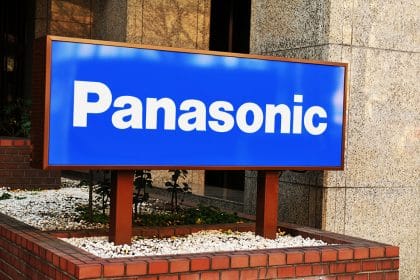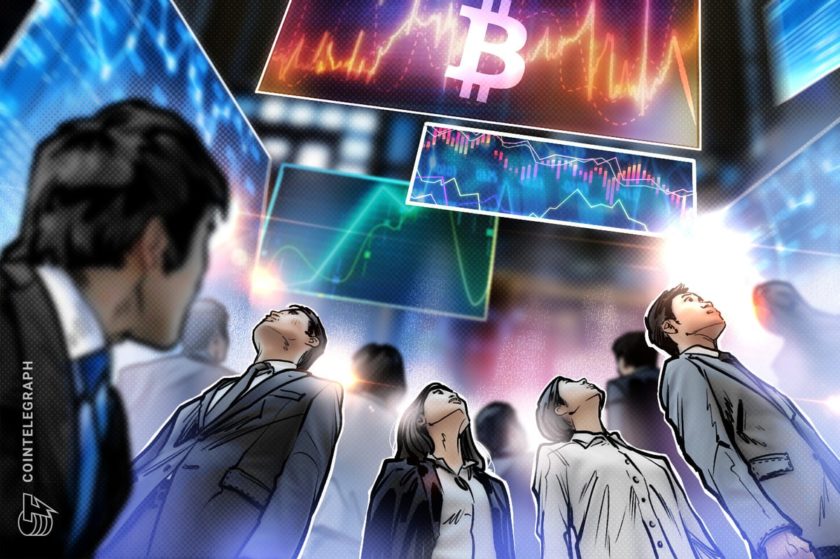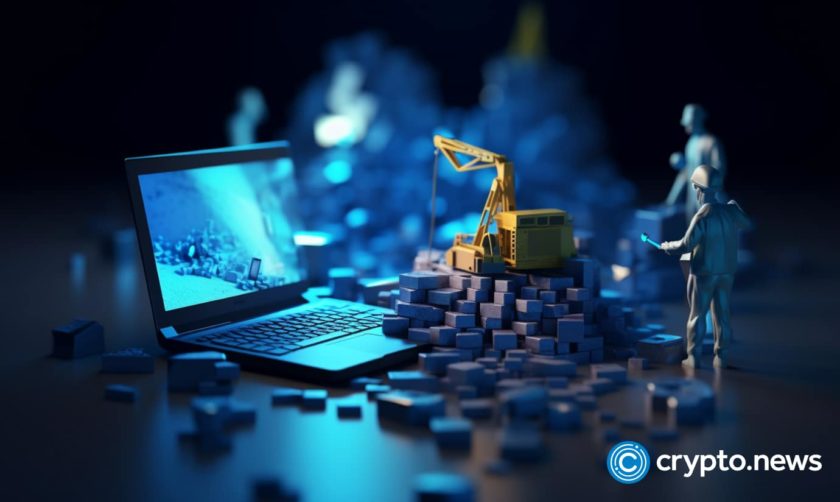Panasonic announces plans to boost the energy density of the battery cells it supplies to Tesla by 20 percent in five years. TSLA stock is 0.15% down to trade around $1,496 at the time of reporting.
Tesla Inc (NASDAQ: TSLA) enthusiasts and shareholders got something to smile about, despite the market retracement from its ATH. According to Reuters, Panasonic Corp (TYO: 6752) plans to boost the energy density of “2170” battery cells it supplies to Tesla by 20% in five years.
In addition, the company has promised to commercialize a cobalt-free version of the battery in the next three years.
Whether or not the company delivers as promised, the news will greatly impact Tesla shareholders in the next three to five years, who will be waiting for the shares to rise. Tesla has been pushing for cheap, efficient and long-lasting batteries to compete fiercely with its competitors.
Recently, it announced the upgrade of its batteries in all new models with capabilities of attaining a million miles.
With the company still pushing for more innovation to reduce the weight and space occupied by the battery, it will have a better vantage point over its competitors in the near future. Panasonic introduced the “2170” lithium-ion cells, with the nickel-cobalt-aluminium (NCA) cathode chemistry, for Tesla Model 3 in 2017.
It is expected that the production of the battery upgrade will take place at Tesla’s factory in Sparks, Nevada. This is according to Panasonic which anticipates to kick off the project by September.
Effect of Panasonic Battery Upgrade on Tesla and Its Shares
Tesla CEO Elon Musk has long said he wants to move to zero-cobalt battery cells. This has prompted Panasonic to partner with South Korea’s LG Chem and China’s CATL. For a while now, CATL has been supplying Tesla with low-cost lithium iron phosphate (LFP) batteries that contain no cobalt.
“We’re about to take another leap forward,” said Panasonic Energy North America President Allan Swan. “It’s kind of exciting from the Panasonic perspective; we’re driving towards cobalt-free and we’re driving towards higher energy-dense batteries, which gives our customers a choice of how they want to utilize that.”
Notably, Panasonic’s factories based in Japan have been producing the cylindrical lithium-ion “18650” cells, which are used to power Tesla’s Model S and Model X vehicles.
If the results are achieved by the set timelines, Tesla will continue stamping its EV market dominance and paving a way for the rest to follow.
Its shares according to some Wall Street analysts might reach $3000 and above in the next five years. However, some still think the company’s shares are overrated, whereby they have even downgraded their expectations.
It is not a surprise as the company has handled precious hurdles including the coronavirus market shock in the first quarter with much ease.
A financial analyst who sees positive income in both directions of the market (bulls & bears). Bitcoin is my crypto safe haven, free from government conspiracies.
Mythology is my mystery!
“You cannot enslave a mind that knows itself. That values itself. That understands itself.”




